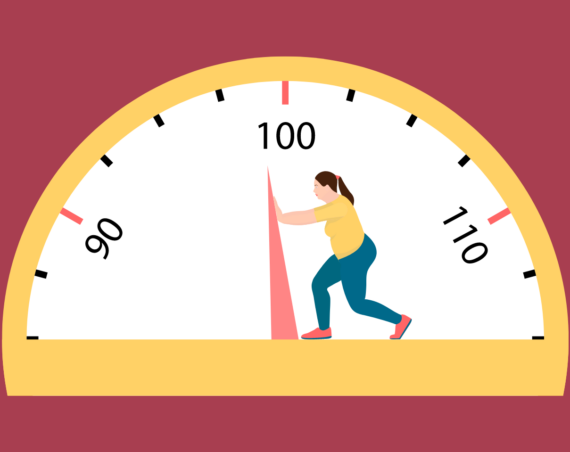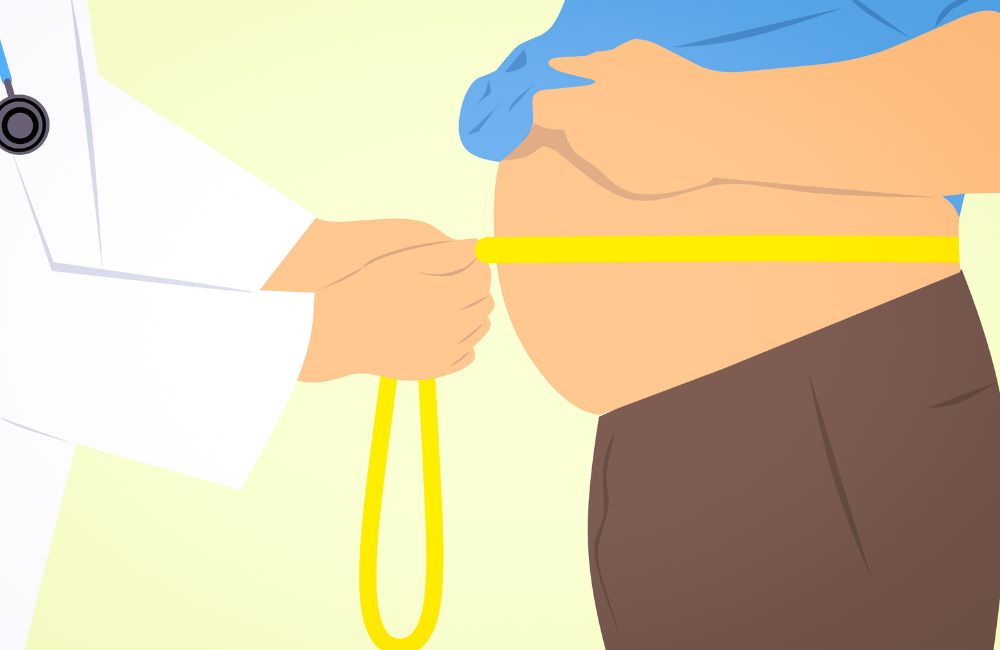
Many start a weight loss journey enticed by the allure of quick fixes fat diets promise. Yet, rushing the process can have adverse health effects.
In truth, successful and sustainable weight loss is a gradual journey rather than a frantic pursuit of a numerical target. For expert guidance on enduring weight management, read on.
Adopting a lower-carb diet, increasing protein intake, engaging in strength training, and prioritizing adequate sleep are all strategies conducive to sustainable weight loss.
By prioritizing long-term wellness and cultivating maintainable habits, you can enhance overall health and achieve lasting weight management success.
Below, discover several evidence-based recommendations to support your journey towards a healthier you.
How Can I Achieve Lasting Weight Loss?

To achieve long-term weight loss effectively, it’s essential to prioritize nutrition, exercise, and sleep. Embracing lifestyle changes such as reducing processed foods, incorporating regular exercise, and ensuring quality sleep are key to fostering healthy weight loss.
While these strategies may not offer quick fixes, they are simple and efficient ways to achieve permanent weight loss without resorting to extreme measures.”
This version maintains the essence of the original while emphasizing the importance of sustainable practices for lasting results.
1. Nutrition
Nutrition plays a pivotal role in weight loss. Understanding the impact of different macronutrients—carbohydrates, protein, and fats—can help you make informed dietary choices.
- Carbohydrates: Rather than demonizing all carbohydrates, focus on consuming high-quality, nutrient-dense options. Simple carbohydrates, found in processed foods like cookies and white bread, can spike blood sugar levels. Opt instead for complex carbohydrates like whole grains, fruits, and non-starchy vegetables, which provide fiber and essential nutrients.
- Protein: Protein is essential for satiety and muscle building. Include lean protein sources such as poultry, fish, tofu, and eggs in your meals to support weight loss and muscle maintenance.
- Fat: Healthy fats are crucial for overall health and weight management. Incorporate unsaturated fats from sources like avocados, nuts, and olive oil into your diet while minimizing intake of saturated and trans fats found in processed foods.
2. Exercise
Exercise is vital for burning calories and building lean muscle mass, both of which are essential for weight loss. The Physical Activity Guidelines for Americans advise integrating both cardiovascular exercises and strength training for optimal health.
- Cardio: Cardiovascular exercises like walking, jogging, and cycling can help burn calories and improve heart health. Consider incorporating both low-intensity steady-state (LISS) and high-intensity interval training (HIIT) into your routine for optimal results.
- Strength Training: Strength or resistance training is crucial for building muscle and boosting metabolism. Focus on compound exercises that target multiple muscle groups, such as squats, deadlifts, and push-ups, to maximize efficiency.
3. Sleep
Adequate sleep is essential for regulating hormones and supporting overall health, including weight management. Aim for 7-9 hours of quality sleep each night to optimize your metabolism and energy levels.
Conclusion
By prioritizing nutrition, exercise, and sleep, you can achieve sustainable weight loss without resorting to extreme measures. Incorporate quality foods, effective workouts, and sufficient sleep into your lifestyle for lasting results.


